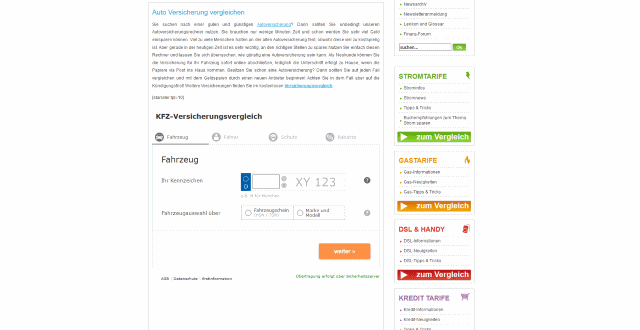Auctions: Practical Guide to Buying Vehicles through Competitive Bidding
Auctions are a structured way to buy and sell goods—often vehicles—through public or online competitive processes. For many buyers, auctions can provide access to a wide range of cars and other vehicles at varying conditions and price points. Understanding auction terminology, inspection practices, bidding rules, and the logistics of ownership transfer helps reduce risk and improves the chances of a satisfactory purchase.

How do car auctions work?
Car auctions typically list vehicles with basic details, condition notes, and a reserve price or starting bid. Sales can take place live at an auction house, through simulcast events, or entirely online. Participants register in advance and may need to provide identification or a deposit. The auctioneer opens bidding at a set amount and accepts progressively higher bids until only one bidder remains. Some auctions use a buy-it-now option or offer extended bidding windows to handle last-second bids. Knowing whether an auction is dealer-only or open to the public matters, since dealer auctions often have fewer consumer protections and different eligibility requirements.
What should you inspect on a vehicle?
Inspecting a vehicle before bidding is essential because most auction sales are final. Buyers should examine vehicle history reports when available, checking for title status, accident records, odometer discrepancies, and liens. A physical inspection should include examining exterior and interior condition, tires, lights, and visible frame damage. Mechanical checks—engine start, transmission behavior, and fluid conditions—are important if the car is operable. If in-person inspection isn’t possible, request detailed photos or a third-party inspection report. Take notes and photos to document issues that might affect the vehicle’s value or safety.
How does the auction process differ from private sales?
Auction procedures have specific timelines and rules that differ from negotiating a private sale. At an auction, the timeline is compressed: bids must be placed during a defined period, and payment and pickup deadlines are typically strict. Auctions often include additional fees such as buyer premiums, administrative charges, and taxes that are applied at checkout. Transfer of title and registration may be handled differently depending on local regulations; some auctions provide complete paperwork, while others require the buyer to handle transfer steps. Understanding these procedural differences helps you plan for payment, transport, and paperwork following a successful bid.
What strategies improve success when bidding?
Effective bidding combines research, discipline, and timing. Set a maximum bid based on the vehicle’s market value and your inspection findings, and avoid emotional bidding wars. Start by observing several auctions to learn typical price ranges and how bidders respond. Use proxy or automatic bidding tools when available to maintain your limit without getting drawn into last-second hikes. Consider bidding early to test interest or wait until later to gauge competition—both approaches can work depending on the auction format. Finally, factor in additional costs such as buyer fees, repairs, and transport so your bid reflects the total expected outlay.
What to consider when buying at auction
When buying at auction, plan for post-sale responsibilities: arranging transport, completing title transfer, and addressing any immediate repairs or safety requirements. Evaluate whether the vehicle will be for personal use, resale, or parts, and determine budget flexibility for unexpected repairs. Legal and regulatory requirements—such as emissions tests, safety inspections, or disclosure rules—vary by jurisdiction, so check local requirements for registering a vehicle bought at auction. If you’re new to auctions, consider attending as an observer first or using an agent who specializes in vehicle auctions to help navigate the process.
Conclusion
Auctions can offer access to a wide variety of cars and vehicles, but they require advance preparation and careful attention to rules, condition, and total costs. Inspect vehicles thoroughly, understand auction procedures and fees, and set disciplined bidding limits that account for transport and repairs. With clear research and realistic expectations, buying at auction can be an efficient way to acquire a vehicle suited to your needs.






